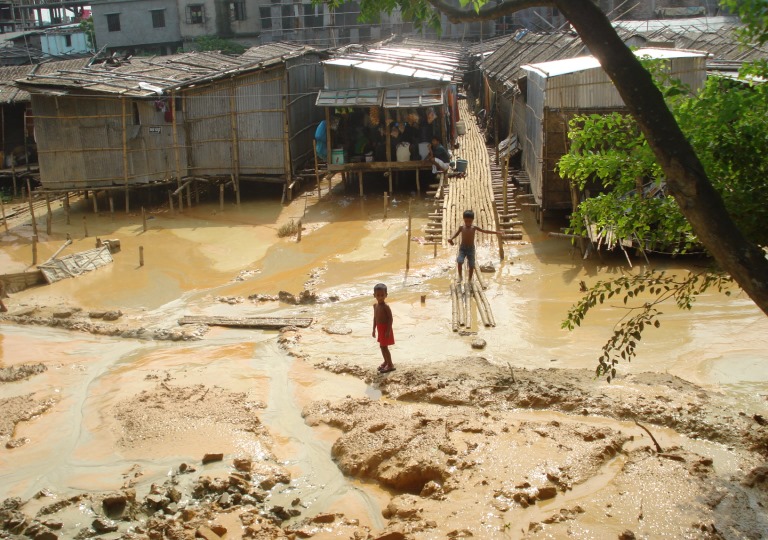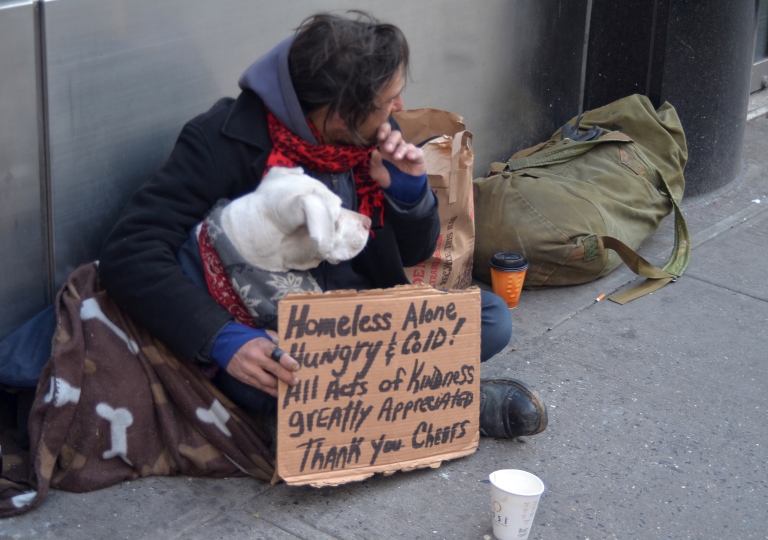At Manchester, we are a world leader in tackling inequalities on a global scale. From poverty to social justice, living conditions to equality in the workplace, we’re working to change things for the better.
While some progress has been made, there are still over 1 billion people living in extreme poverty. Share on X Research at @OfficialUoM led #Cadbury to change its cocoa supply to #Fairtrade Share on X Did you know, staff from @OfficialUoM led the global response to #Ebola? Share on XYesterday, 800 million people went to bed hungry and 19,000 children will die today of easily preventable causes. While some progress has been made, there are still over 1 billion people living in extreme poverty (classed as living on less than $1.25 a day). Across the globe, people still struggle to access basic resources such as clean water and food. Meanwhile, much closer to home low-income families in some of the richest nations struggle to get by.
A changing landscape

Global inequality is still a major problem. We believe that it’s not about developing countries ‘catching up’ with the West. Instead, as we shift towards green growth, technology-sharing and sustainable lifestyles, advanced industrial countries will have to change the way they interact with emerging and poor countries.
In this vision, no one is excluded. Every country needs to change so that all humanity can experience a decent life.
Manchester: city of solutions
Manchester has a long and proud history of radical ideas and social change. The Suffragette Movement, the Co-Operative Group and the Trade Union Congress all began in Manchester. These movements were all founded by ordinary people fighting for a better life, a fairer world, and a more equal society.
Here at The University of Manchester, we take enormous pride in continuing to lead the way on tackling inequalities, both locally and internationally. We are the only university in the UK to have social responsibility as one of its three core strategic goals. We take our role as an agent for change seriously, and we work tirelessly and effectively to solve problems around the world, and closer to home.
What’s more, Addressing Global Inequalities is one of the University’s five research beacons – areas where we make ground-breaking contributions to global issues, and take a leading role in driving forward new knowledge.
We bring together leading academics in medicine, business, law, and social sciences to create and share knowledge that will help solve some of the most urgent and complex challenges we face. Governments, NGOs, global charities and international businesses partner with us to change the way they think and work. Our research informs and influences policy at the highest level, and our world-class teaching produces specialists with the knowledge and ability to change the world.
A fairer deal for cocoa farmers
Our research at the Global Development Institute (GDI) is influencing policy and beating poverty. The GDI brings together over 50 researchers and 100 PhD students to tackle poverty and inequality on a global scale.
We know our approach works. When Cadbury asked us to find out more about the challenges facing cocoa farmers in their supply chain, we knew we could help. In fact, our research led Cadbury to change its supply to Fairtrade cocoa, and invest £45 million in launching the Cadbury Cocoa Partnership (CCP) to support cocoa-growing communities. Following this example, other major confectionery companies, including Mars and Nestle, adopted Fairtrade principles and now run programmes similar to the CCP. Thanks to our research, these three companies have contributed to an eight-fold increase in sales of Fairtrade chocolate since 2008.
Responding to disaster

Disaster can strike anywhere, but it is often the poorest and most vulnerable communities that are affected. We are a world-leader in responding to humanitarian crises. Through our pioneering work at the Humanitarian and Conflict Response Institute (HCRI), we are blazing a trail, providing effective, evidence-based help in times of crisis and training others to do the same.
Thankfully the Ebola virus has now been contained, but when the outbreak happened in Sierra Leone, we were one of the first on the scene. In 2014, our team, led by Dr Amy hughes of the HCRI, spearheaded the first wave of NHS volunteers, putting their own health at risk in order to treat those suffering with the disease. As a result of their work, 56,600 cases of Ebola were averted in Sierra Leone, and there was a greater than 50% survival rate for those who received treatment. Dr Hughes’ courage and selflessness has been recognised at the highest level, and she received an MBE in the New Year’s Honours list in January 2016.
Inequality on our doorstep

We’re leading the fight for a fairer world, whether it’s in the rice paddies of Vietnam, the slums of Brazil or in a corporate office in the UK. In particular, addressing local poverty, advancing gender equality at work and improving social mobility are issues close to our hearts. We’re tackling local inequalities both at home and abroad, being a voice for the voiceless and influencing policy makers to address the needs of those most vulnerable.
For example, at home on our doorstep, we’re exploring indicators of poverty, and shining a spotlight on the areas in most urgent need of investment. Through our Inclusive Growth Analysis Unit, we aim to understand how cities can achieve economic prosperity and reduce poverty and inequality.
Looking ahead
We are hugely proud of the work that we do to tackle global inequalities. We are experts in unravelling the social inequalities that stand in the way of a fairer and more just society. Our research has worldwide impact and helps improve the lives of ordinary people across the globe.

